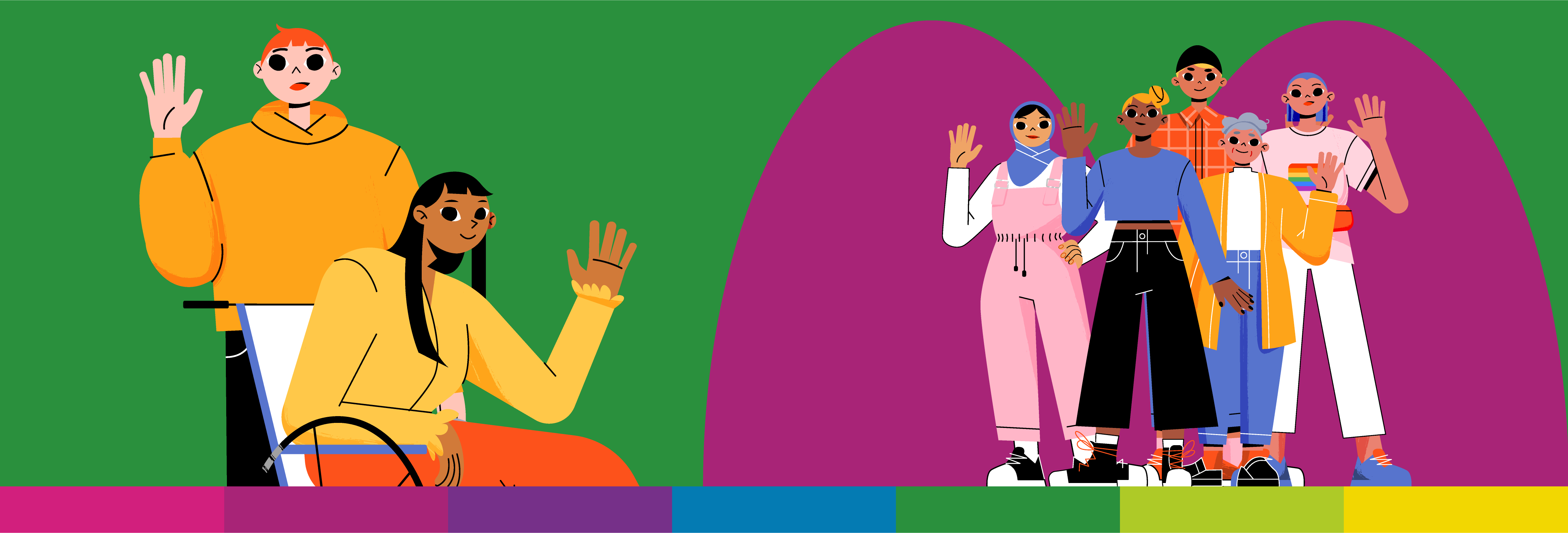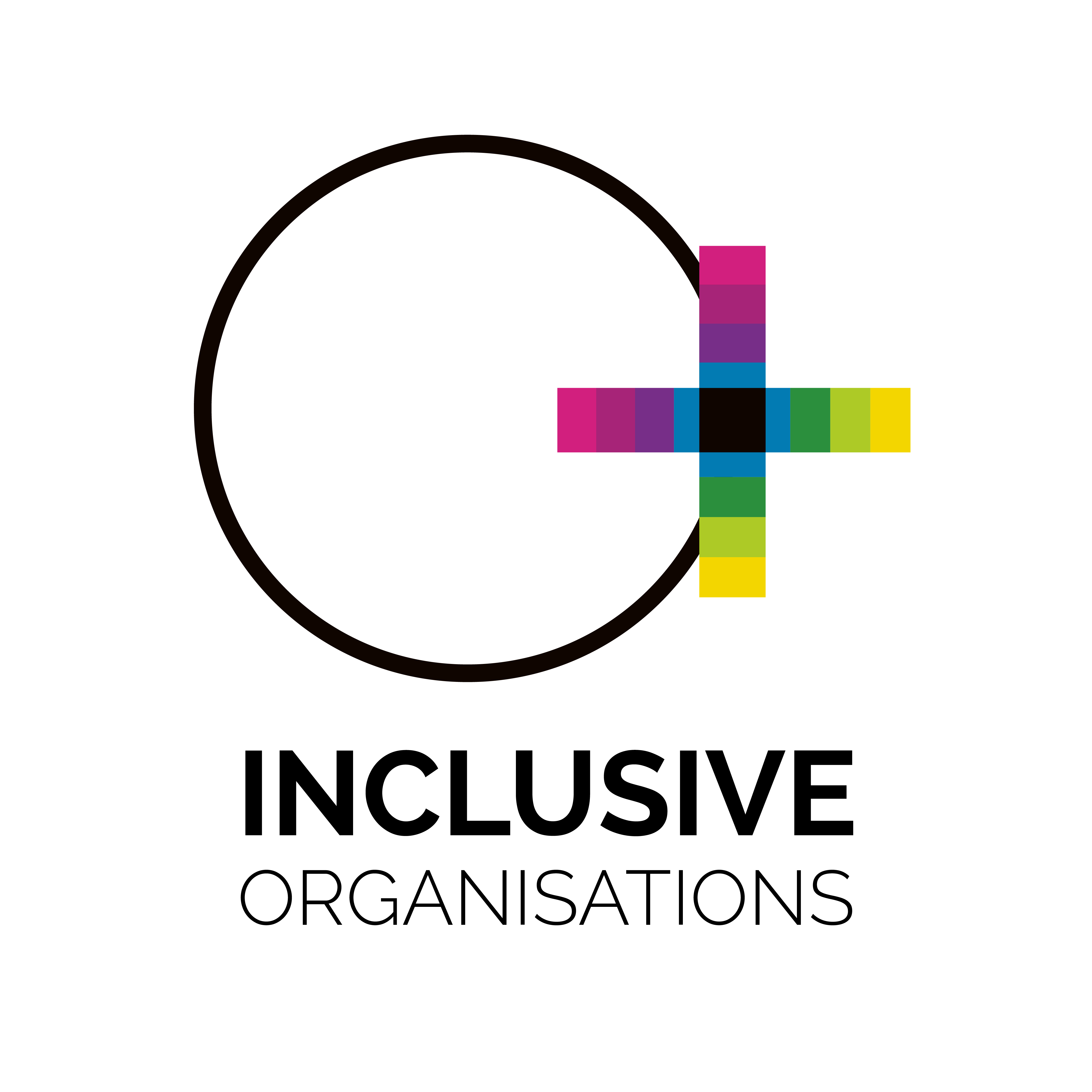
QUALITY THROUGH INCLUSION
In the last years, we have witnessed numerous institutional frameworks and the community of practice calls, as well as systems being set up to ensure a higher quality of youth work in Europe. For example, the European Academy on Youth Work aims to promote the development of quality youth work and to support its capacity to react to current and future developments, therefore it focuses on supporting innovation in youth work, as a response to the trends, challenges, and uncertainties faced by young people in today’s fast-changing societies. Institutions such as the Council of Europe and the EU-Council of Europe Youth Partnership have published several comprehensive resources linking quality youth work with the recognition of youth work. And the European Youth Work Agenda centers on quality youth work as one of its 8 thematic priorities.
With the Certification Scheme for Inclusive Organisations, we are offering a comprehensive mechanism on how to achieve a higher quality of youth work within every participating organisation and by that contributing to quality youth work in Europe at large. The underlying concept is that we cannot have quality youth work if it is not at the same time also inclusive. The capacity to include marginalised youth into youth work practice needs to be one of the fundamental indicators of success when we are trying to assess if a particular youth work practice, or activity is of quality. And we have learned from the intensive experiences of the participating organisations and all the partners in the steps and processes that it took to develop this Certification Scheme, that we cannot assure sustainable inclusive practices on the level of activities or projects if we do not work on the level of the whole organisation and the ecosystem surrounding the singular activity or project – hence developing the whole organisation into an inclusive one.
In the current political climate in Europe and the wider world we see the public space shrinking and becoming (again) more and more nationalistic, racist, homophobic and in general hostile towards everybody who falls under the perception of the “other”, the “not normal” and in practice it is marking in a crucial way the current generations of young people. The latest research is showing that the young people belonging to the generation Z are expressing more conservative views than the generation before them. Another trend within that is that young boys and men are disproportionately affected by this, showcasing much stronger nationalistic, racist and homophobic views.
QUALITY TROUGH INCLUSION
It has been historically believed that it is the role and impact of youth work to de-radicalize the negative and extremist views and harmful behavior of young people to build a more diverse and intercultural society and communities who would work across the differences and support each other in solidarity. It has also been a historic role of youth work to create a supportive environment and establish mechanisms to support those most vulnerable and most excluded young people and “bring them back” into society. So, if we want to build the youth work practice of today on its legacy and continue its historic role, we can again see that we need a youth work sector that will be able to navigate the current reality and offer to the young people of today an alternative that will help them become more equipped, resilient and willing to live and work in a world of diversity and difference that can build up functional and inclusive communities.
It is with this perspective that we advocate for quality youth work through inclusion.

